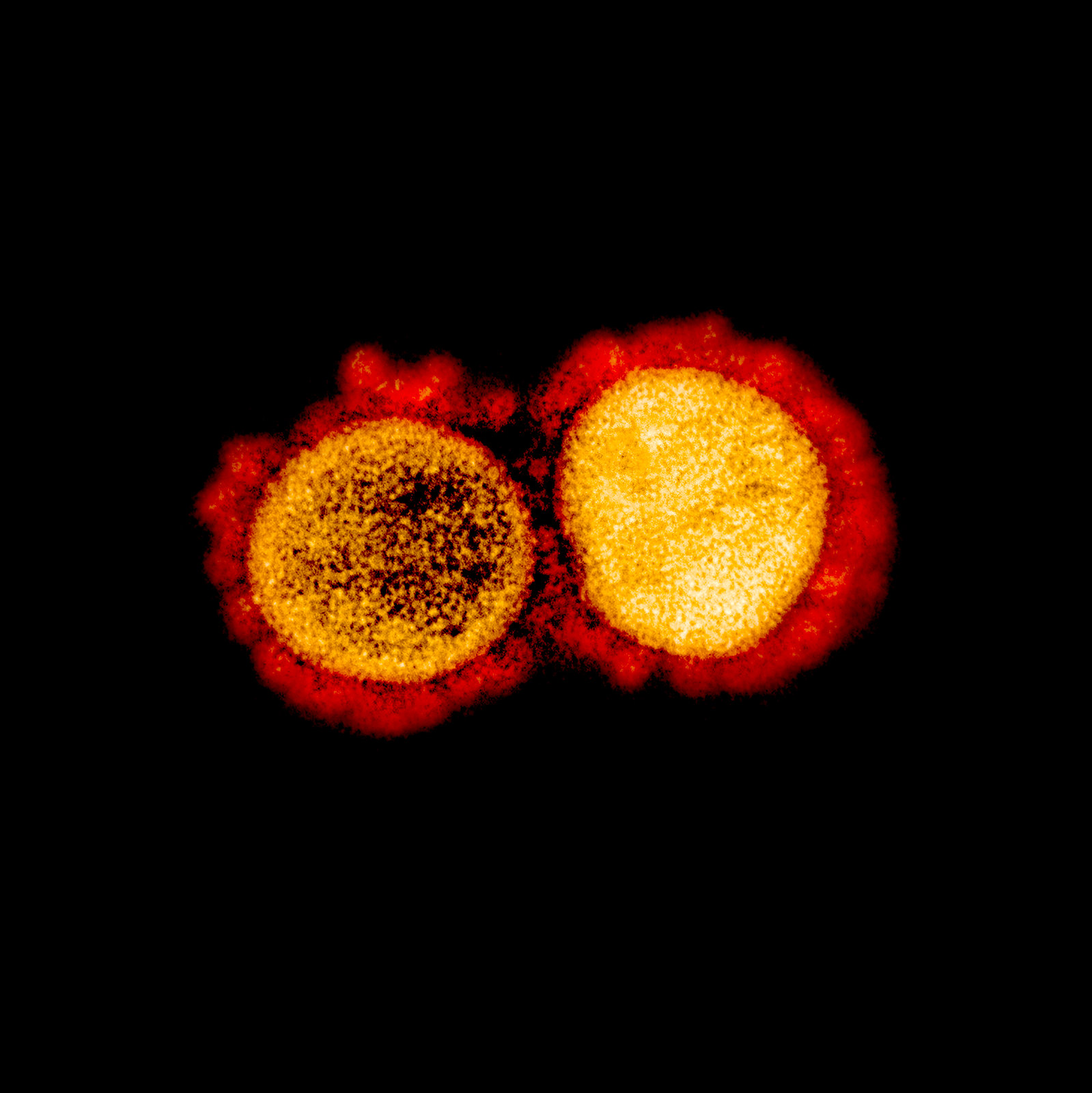Oxford Biomedica signs COVID-19 vaccine supply deal with AZ

Gene and cell therapy specialist Oxford Biomedica has signed a one-year agreement with AstraZeneca to manufacture the potential COVID-19 vaccine in development in partnership with Oxford University.
The agreement relates to the GMP manufacture of the vaccine candidate codenamed AZD1222, which is based on an adenovirus vector and recently entered clinical trials at several sites in the UK.
As part of the agreement, AstraZeneca will have access to Oxford Biomedica’s new 7,800 square metre commercial manufacturing centre called Oxbox, located in Oxford.
Oxford Biomedica already joined a consortium on 1 April including the Jenner Institute where the vaccine was first developed, to manufacture large amounts of the product.
On 30 April 2020 AstraZeneca and Oxford University announced an agreement to enable global development, manufacturing and distribution of the vaccine.
The initial agreement requires Oxford Biomedica to provide AstraZeneca with multiple batches of the vaccine, the majority of which are expected to be produced throughout 2020.
The production will be from one of the group’s recently approved GMP suites in Oxbox. The agreement may be extended further depending on the progression of the programme.
A scientist leading the development of Oxford University’s coronavirus vaccine has said the just-started phase 2/3 trial only has a 50:50 chance of success, because the virus is diminishing so quickly in the UK.
Adrian Hill, director of the university’s Jenner Institute, told The Sunday Telegraph that a lower rate of transmission of SARS-CoV-2 in the community could make it hard for the new 10,260-patient trial to show an impact of the vaccine on the virus.
The number of new cases of coronavirus has been running at between around 2,500 and 3,000 per day in the UK over the last few days, down from peaks of more than 6,000 throughout April and early May.
Last week, Oxford said its researchers had started to recruit volunteers for the next stage of human trials of the adenovirus-based vaccine – formerly known as ChAdOx1 nCoV-19 – shortly after AstraZeneca received $1.2 billion in funding from the US government to produce 400 million doses.












